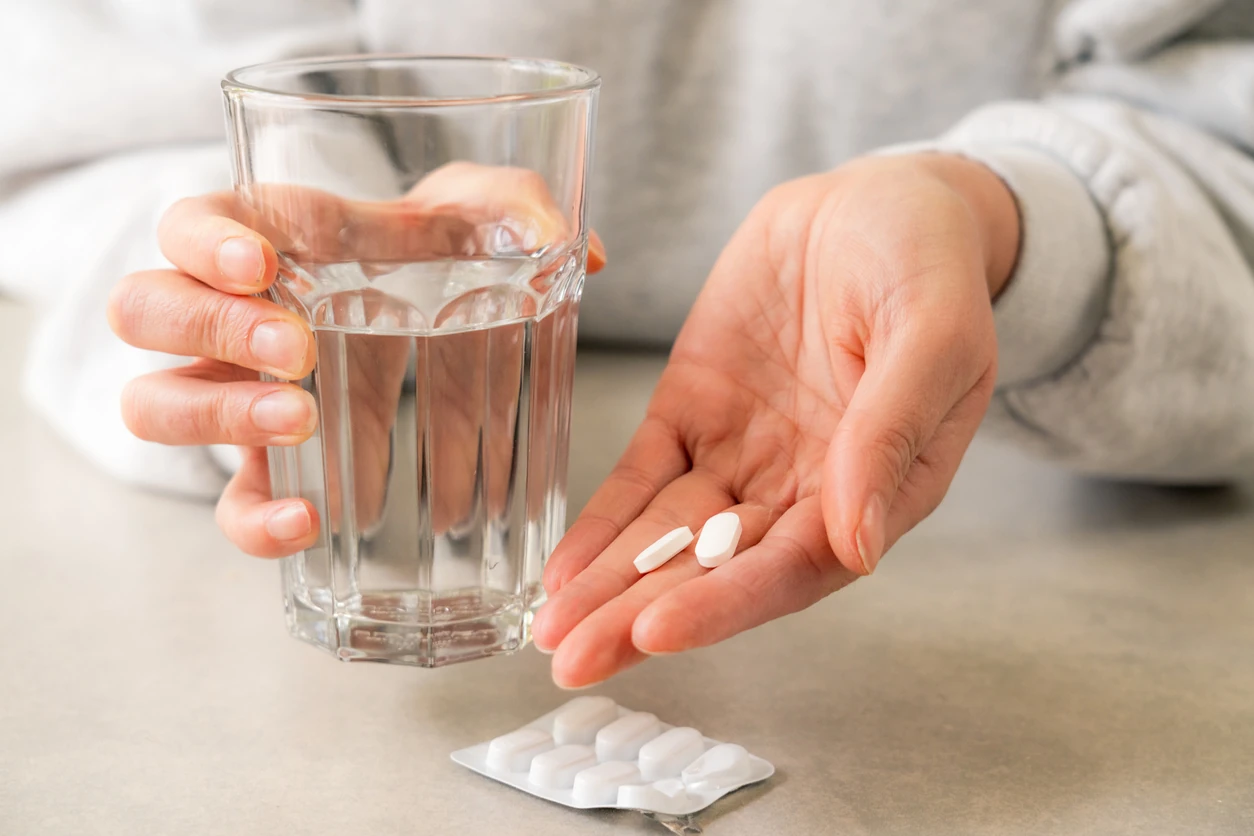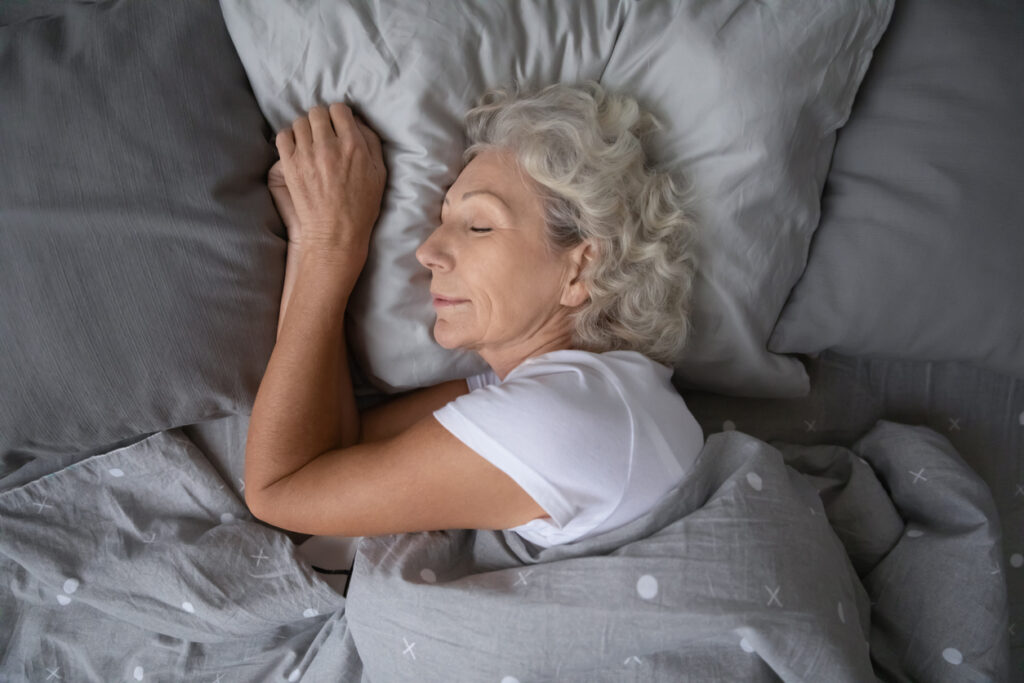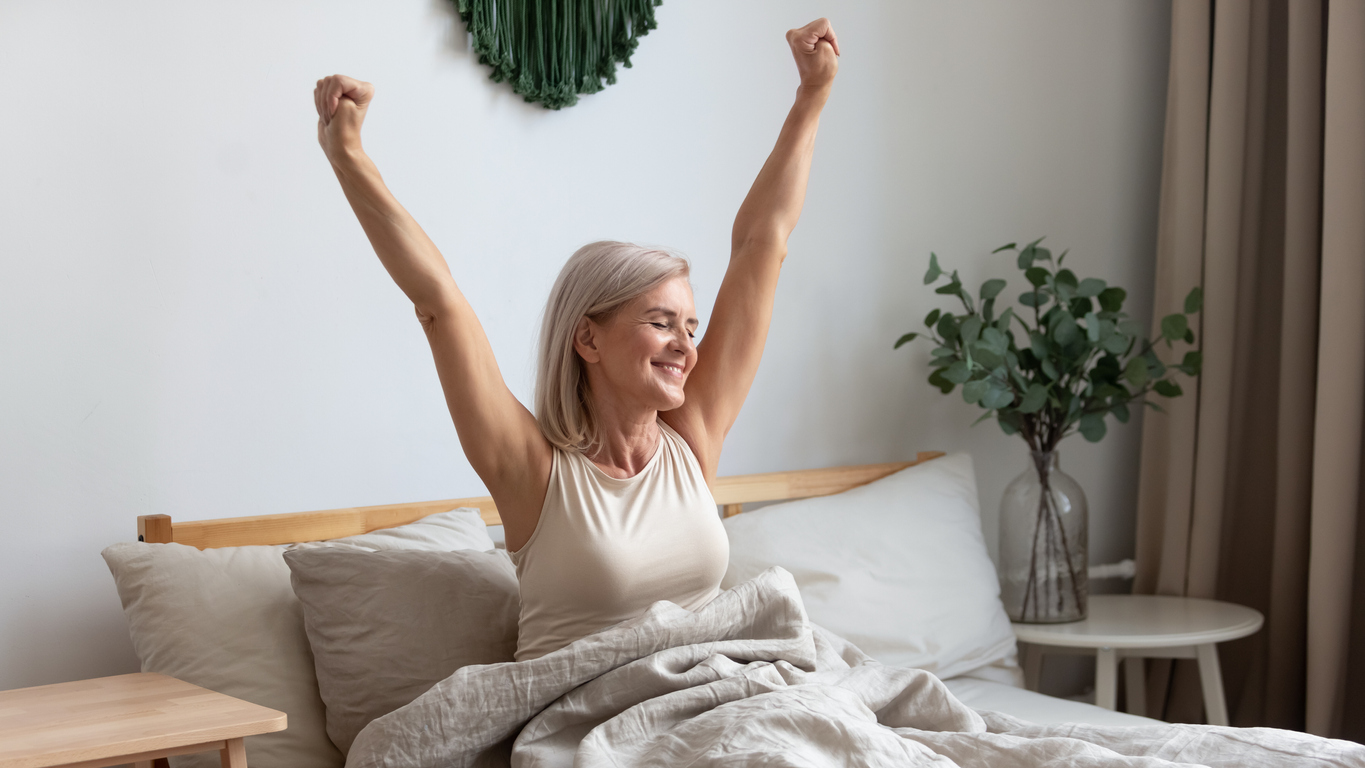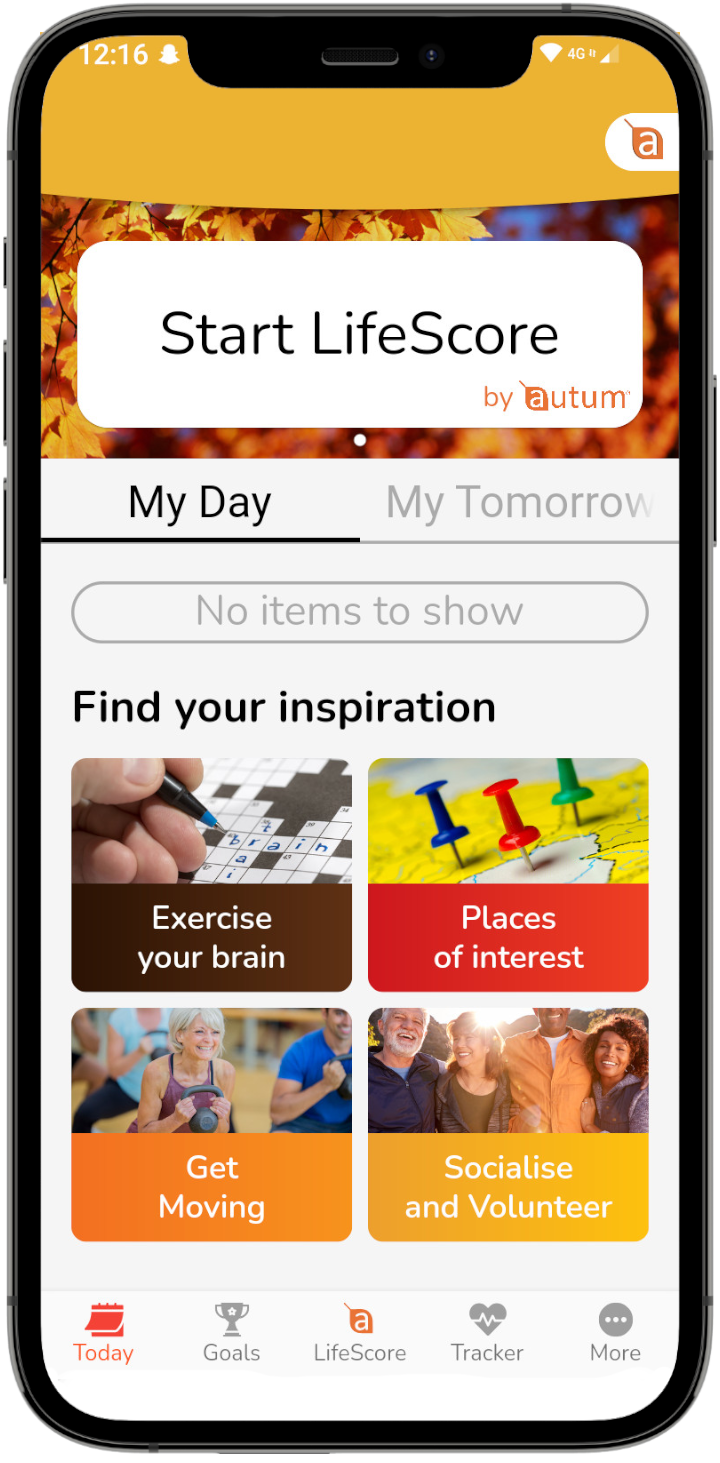Almost all of us don’t get enough sleep. Yet sleep is one of the most powerful anti-ageing treatments and it’s free! When we sleep we produce melatonin, a hormone that has caught the attention of anti-ageing experts and healthy living enthusiasts. It is produced in the pineal gland of our brain and is naturally secreted by the body in response to darkness (2 hours before habitual bedtime) and remains elevated during the middle of the sleep period and then gradually drops to its daytime level in the morning.
It is a common misconception that as we age we need less sleep. This is not true, we need the same level of sleep, but ageing is associated with a reduction in sleep quality. Studies have also shown that healthy older people’s melatonin levels remain similar to young people, but in general ageing is associated with lower levels, due to more disturbed sleep patterns, different levels of sunlight exposure, associated diseases or medications that suppress the hormone.
Melatonin is a powerful antioxidant that regulates our sleep cycles and is associated with many positive healthy qualities, such as a stronger immune system, a healthier body weight, inhibits tumour growth, slows the onset of Alzheimer’s Disease, helps to prevent osteoporosis and fight heart disease. The hormone also counteracts the UV solar skin damage and can even improve hyperpigmentation.

It is therefore not surprising that it has created a buzz, promising to protect against the signs of skin ageing. However, much of the benefits of the hormone are also associated with getting a good night’s sleep and most people produce enough naturally to sleep well.
In the UK, it is a prescription-only medication, whereas in the US it is sold as a supplement without prescription. In the UK it is mainly prescribed for older adults with short-term sleep problems. The side effects can include nightmares, headaches, daytime drowsiness and depression. At the moment there are no large-scale studies to show whether supplements are safe to use.
Sleep patterns change as we age. Typically, total sleep time reduces by about 10 mins per decade and plateaus at after age 60. In addition, sleep efficiency declines with advancing age. Typically, older people find it harder to fall asleep, have less deep sleep, wake up during the night and earlier in the morning. A broken sleep may be due to the need to urinate, anxiety, depression, pain / discomfort due to illness and general poor health.
Do we need more melatonin or more sleep?
Whilst I am no expert, without large-scale studies to measure side effects, the priority should be to improve the quality and duration of sleep. As adults we need 7 to 9 hours to maintain a healthy body and mind. The more we learn about sleep, the more important this free treatment has become. Before looking at any supplements, prescribed or otherwise, perhaps start by creating a good bedtime routine and see whether that aids a good night’s sleep.

Six top tips to help you sleep well
- Stay healthy, with regular physical and mental exercise and a balanced diet. Most sleep problems are due to an illness or a medication.
- Have a standard sleep time, regardless of the day of the week, both for going to sleep and waking up.
- Create the right sleep ambient conditions, including a quiet dark room (with blackout blinds if there is external light as light exposure materially suppresses melatonin), a cool temperature and a comfortable bed and pillow. The bedroom should also be just used as a room to sleep, creating a strong association between the bed and sleep.
- Remove all pre-sleep stimulation, including caffeine (7 hours prior to sleep), television, laptop or phone screens (as blue and green lights neutralise melatonin’s effects), alcohol (which may make you sleepy but ultimately is a stimulant that will wake you up), or tobacco and don’t exercise 3 hours prior to sleep. Better still practice relaxation techniques at bedtime.
- Do not nap during the day. As we age, we daytime nap more frequently and this may be a significant cause of poorer quality night-time sleep.
- Have a warm milky drink before bed. Milk is rich in an amino acid tryptophan (whole being higher than skimmed), which has been shown to improve sleep and mood. There is also a positive psychological aspect, as it tells the brain it’s time for bed.

If you still cannot sleep, it would be worth checking whether any medications may affect your sleep. Sleeping tablets are not the answer and should only be used briefly for acute problems.
We can also naturally enhance our melatonin levels with foods such as eggs, oily fish (e.g. salmon and sardines), goji berries, walnuts, almonds, pineapples and oranges.
So while magazine columns and influencers are abuzz with talk of the wonder anti-ageing drug, maybe a few lifestyle changes will work better for you. The simple alternatives are a better night’s sleep, which is known to have significant health benefits, a healthy lifestyle and an improved balanced diet.
autum is here to help too. As an innovative content and tracking app we can provide gentle encouragement and help you develop and maintain a healthier and more purposeful lifestyle.
To help us make Britain one million biological years younger take our autum Lifescore calculator to determine your biological age and use our autum app on Android or IOS to help improve your biological age today!

We’re on a mission to transform how the UK’s later life population retains its health and wellbeing for longer. It all starts with biological age and our tools aim to measure, track and reduce this.
Together we will make Britain one million biological years younger.


